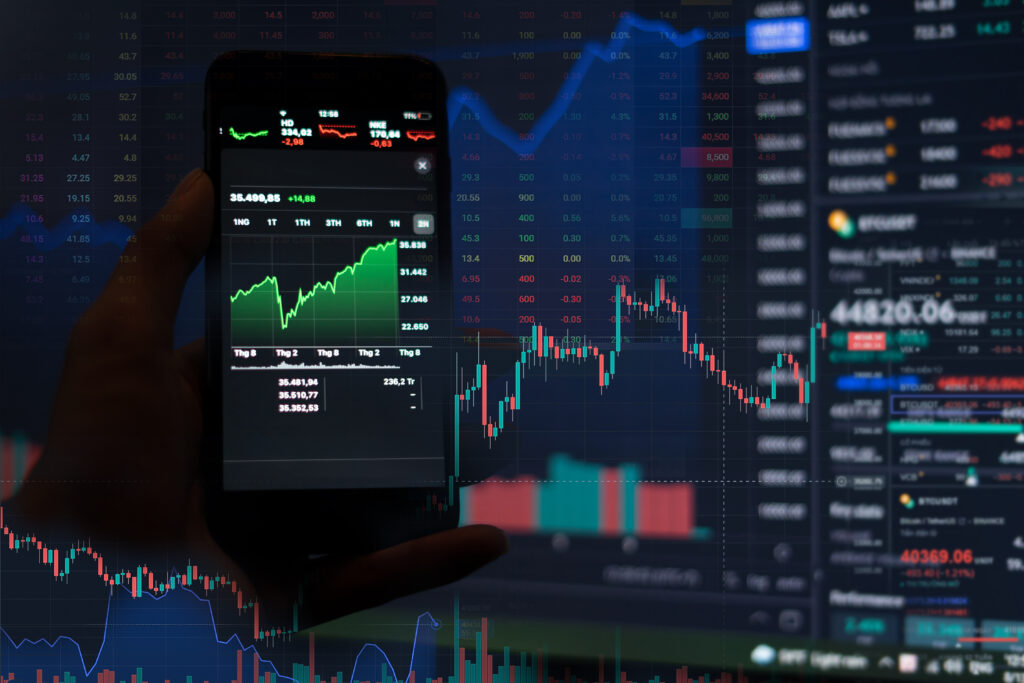Dealing Desk in Forex Brokerage
A Complete Guide to Understanding the Dealing Desk Model
In the world of Forex trading, brokers operate under different business models, each with its own advantages. One of the most widely recognized is the Dealing Desk (DD) model, also known as a Market Maker. At Growth V Fintech, we help brokers set up and manage Dealing Desk operations with transparency, technology, and compliance — ensuring long-term profitability and client trust.

What is a Dealing Desk Broker?
A Dealing Desk broker acts as the counterparty to client trades, executing orders internally rather than routing them directly to the interbank market. This model allows brokers to offer fixed spreads, instant execution, and greater control over liquidity and pricing.
Key Advantages of the Dealing Desk Model
- Fixed Spreads – Predictable trading costs for clients
- Instant Execution – Faster order processing with minimal slippage
- Liquidity Control – Flexible trade management in-house
- Higher Revenue Potential – Earnings from spreads and hedging
- Retail-Friendly Trading – Stable conditions for beginner traders
Risk Management & Transparency
Effective risk management is essential for dealing desk operations. Growth V Fintech supports brokers with:
- Real-time exposure monitoring
- Automated risk controls
- Smart hedging with liquidity providers
- Clear, transparent reporting
This ensures profitability without compromising trust or fairness.
CFD Dealing Models Explained
A-Book (Agency Model)
Trades are routed to external liquidity providers. Broker earns commissions with minimal risk—ideal for professional or high-volume traders.
B-Book (Market Maker Model)
Broker takes the opposite side of trades. Higher profit potential but increased risk—commonly used for retail clients.
AB-Book (Hybrid Model)
A smart mix of A-Book and B-Book. Trades are dynamically routed based on client behavior and risk profile for optimal balance.
Who Should Choose a Dealing Desk Setup?
- New Forex brokers seeking cost-efficient entry
- Retail-focused brokerages offering fixed spreads
- Brokers aiming to maximize margin with controlled risk
Build a smarter Dealing Desk brokerage with Growth V Fintech.
Where innovation meets control and trust.
Our Services

